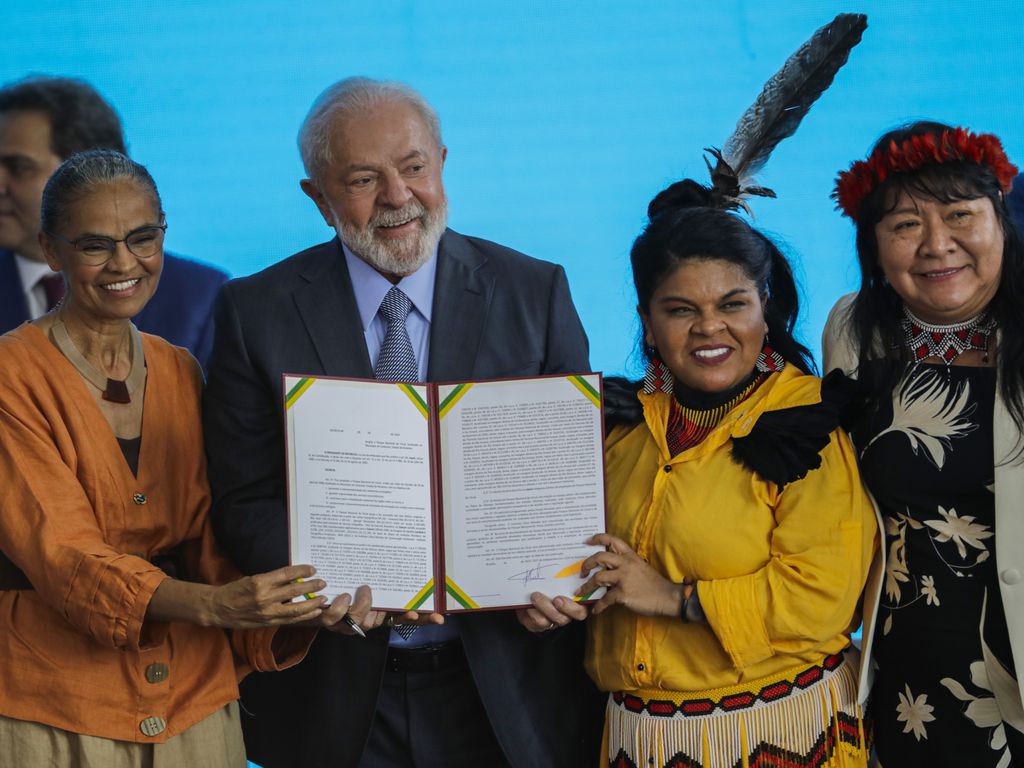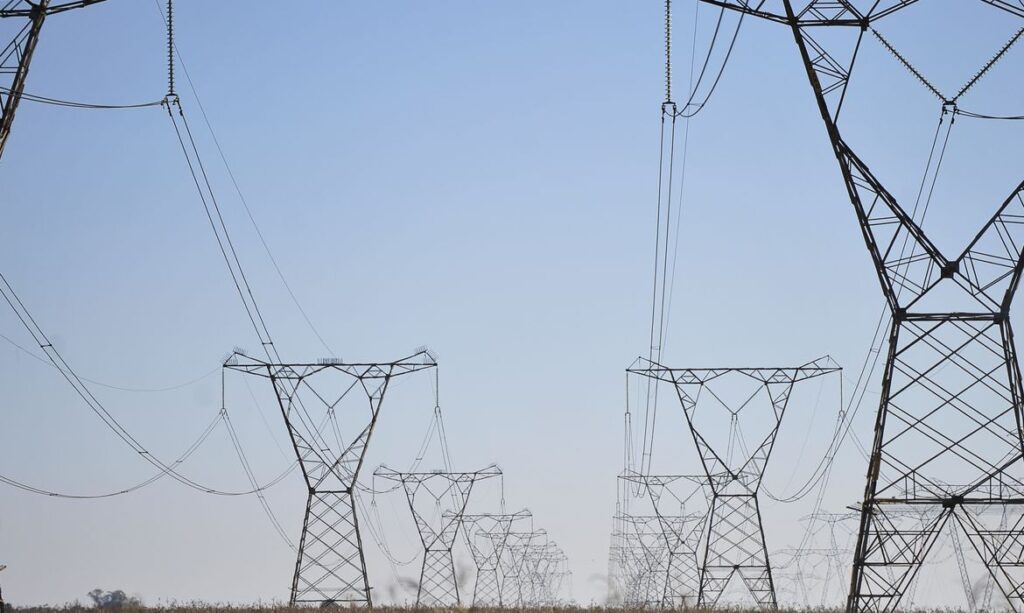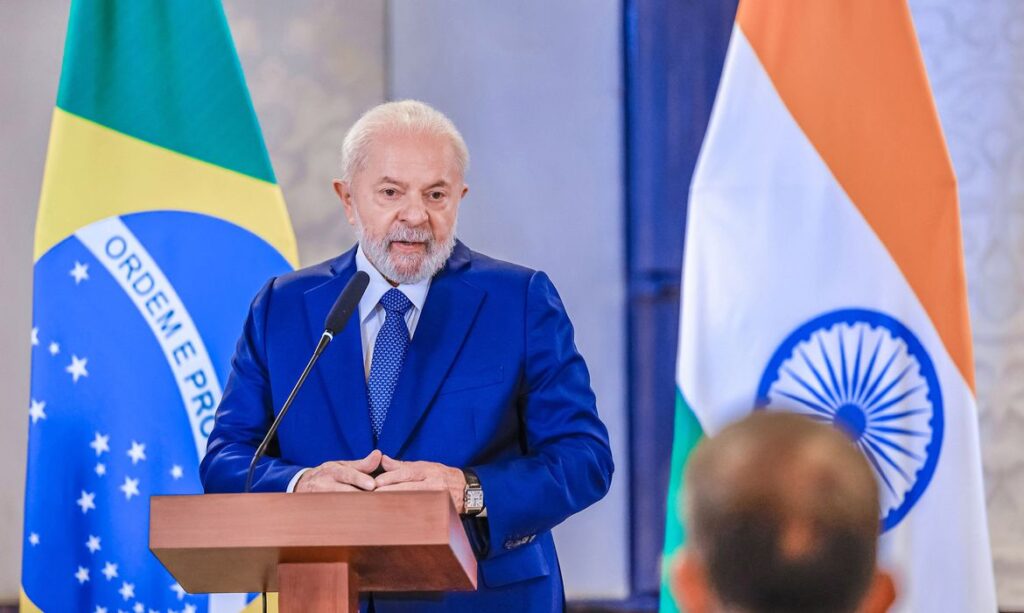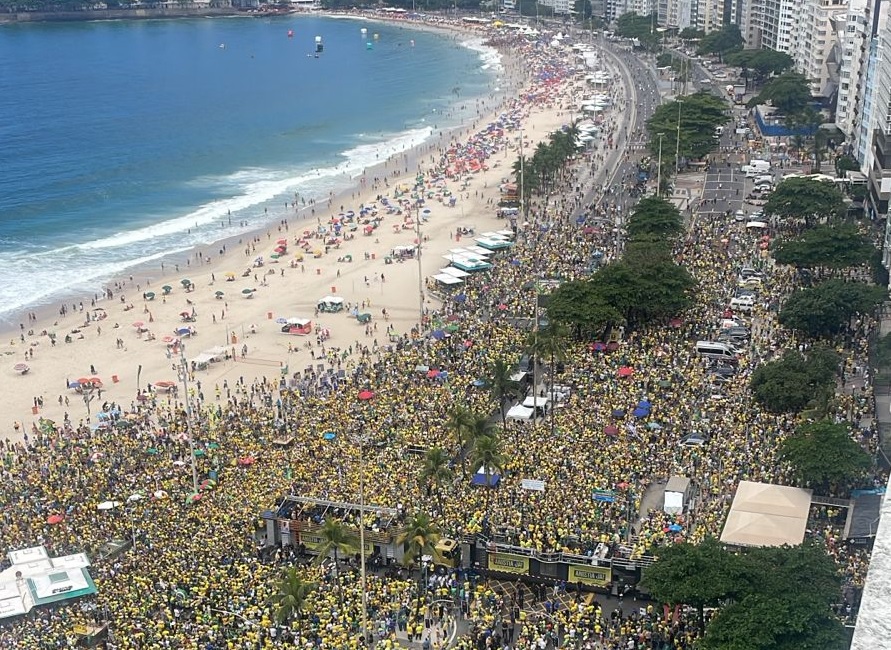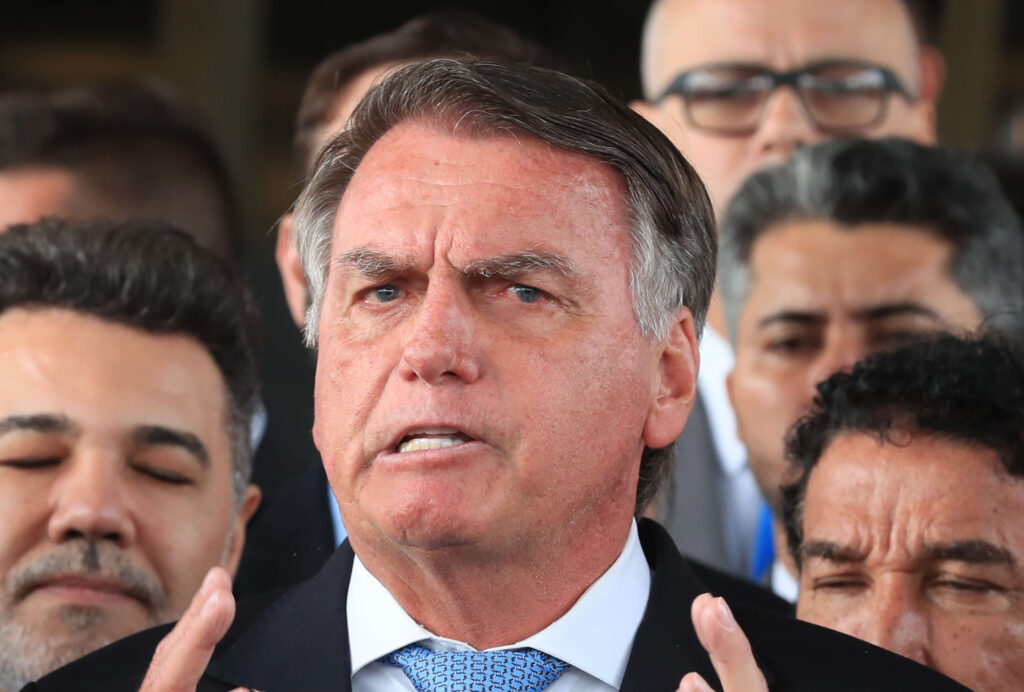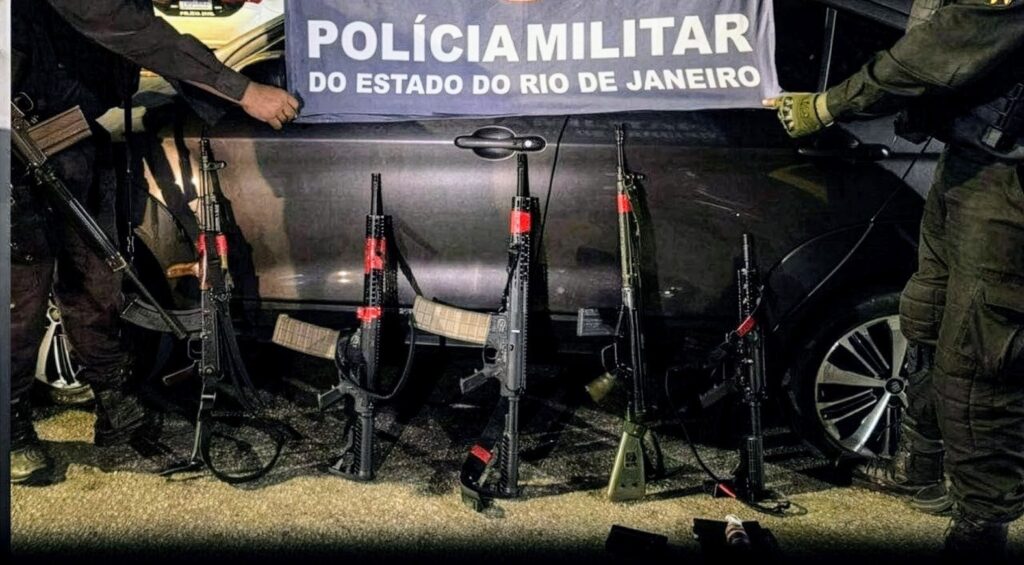São Paulo, Brazil – Brazil’s President Luiz Inácio Lula da Silva last week signed the demarcation of two new Indigenous territories in Brazil: Rio Gregório and Acapuri de Cima.
Located in Tarauacá, in the northern state of Acre, the Rio Gregório territory extends over 187,000 hectares and is home to 560 individuals from the Katukina Pano and Yawanawá peoples.
The Acapuri de Cima Indigenous Land occupies an area of 18,300 hectares in the municipality of Fonte Boa, in the state of Amazonas, and is home to a community of 500 Kokama people.
The ceremony to sign the demarcation of the new territories on September 5, which was als Amazon Day, was attended by Minister for the Environment Marina Silva and the Minister for Indigenous Peoples, Sônia Guajajara.
During her speech at the event, Minister Guajajara stressed the importance of the role that indigenous peoples play in the process of environmental preservation.
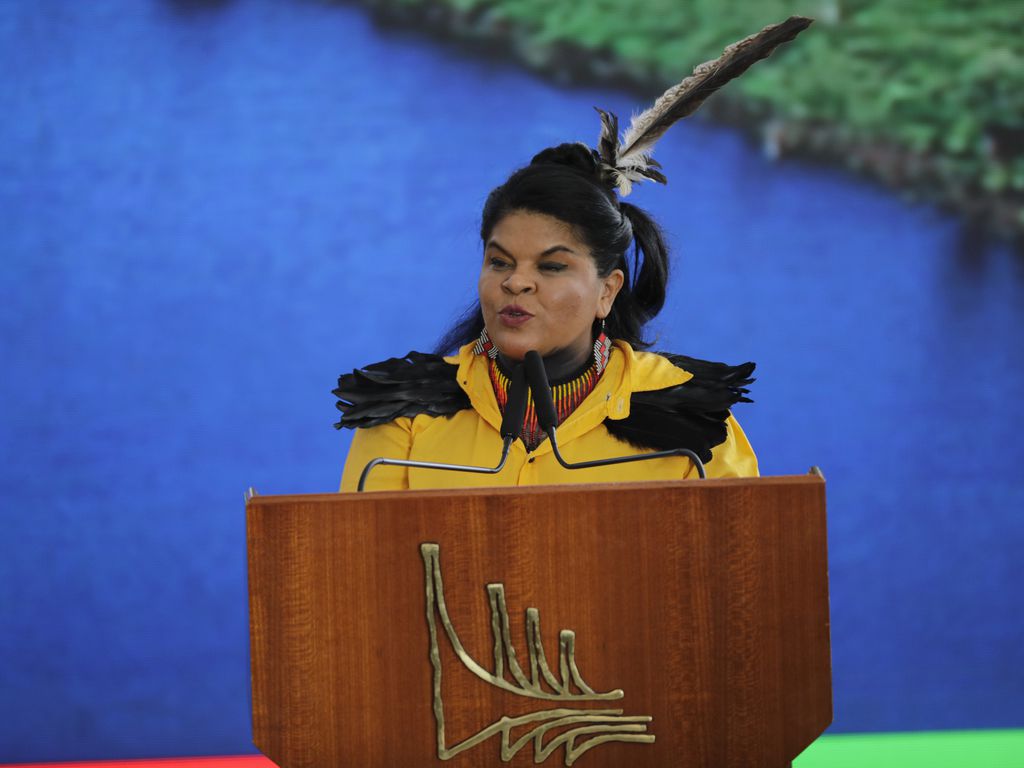
“We indigenous peoples, guardians of Mother Earth, are 5% of the world’s population, but we protect 82% of the world’s biodiversity. And a large part of this preservation is within the Amazon territory. If we are fulfilling this common good, protecting life on Earth, we need to have our lives and rights guaranteed.”
Frozen during the four years of the Bolsonaro government, the demarcation of Indigenous lands has resumed with Lula’s return to power in Brazil. In April, the president had already signed off on the demarcation of another six Indigenous territories.
Demarcating Indigenous land helps to increase the security of the peoples who live on them, prohibiting access to the land by land grabbers and other outsiders, except for environmental and security teams.
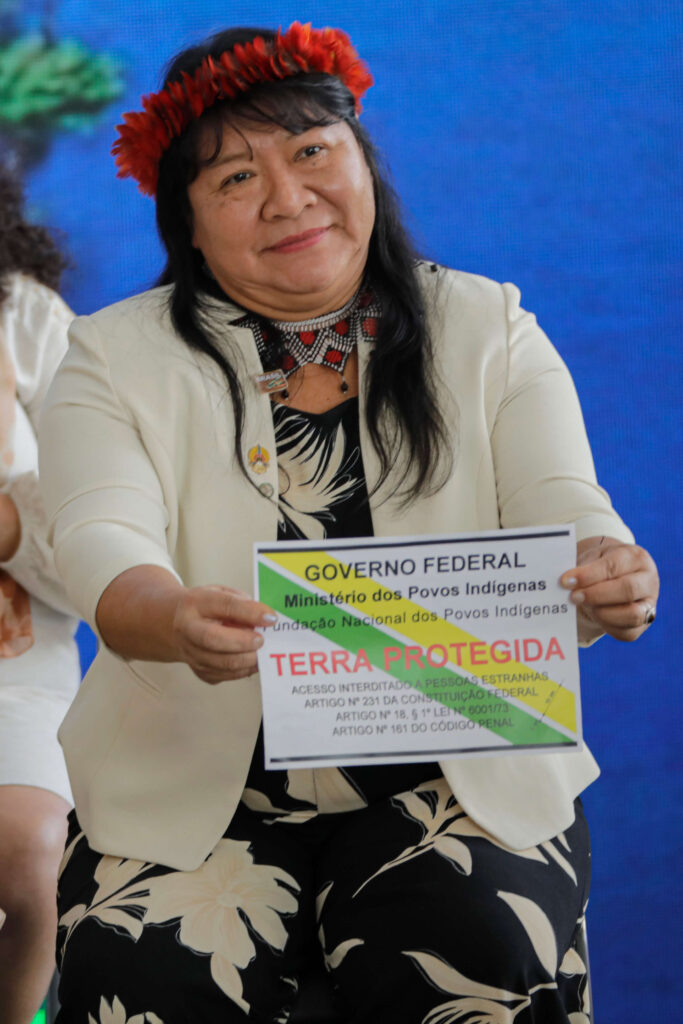
In addition to the demarcations of the two new Indigenous lands, Lula signed other decrees that strengthened environmental protection policies. The president re-established the functioning of the National Chemical Safety Commission, which, under the coordination of the Ministry of the Environment, is tasked with drawing up strategies for managing chemical substances and their waste and evaluating their implementation. One of the commission’s main missions is to identify ways of reducing vulnerabilities to accidents involving chemical products.
Lula also signed a decree on the prevention, monitoring, control, and reduction of deforestation and forest degradation in the Amazon. This specific topic provides for the identification of cities considered to be priorities for government efforts to monitor, control, and reduce deforestation and forest degradation.
This plan also establishes a program to reduce deforestation and forest fires, which will provide financial support to cities that succeed in working to prevent, control, and reduce the rates of deforestation and degradation of the Amazon biome in their territories.
The Brazilian government has announced that it has set aside R$ 600 million (USD $120 million) from the Amazon Fund, to help cities develop projects to achieve the targets set. The Amazon Fund was launched to help protect the Amazon against deforestation and promote sustainability in the region; its main contributors include the governments of Norway and Germany.


